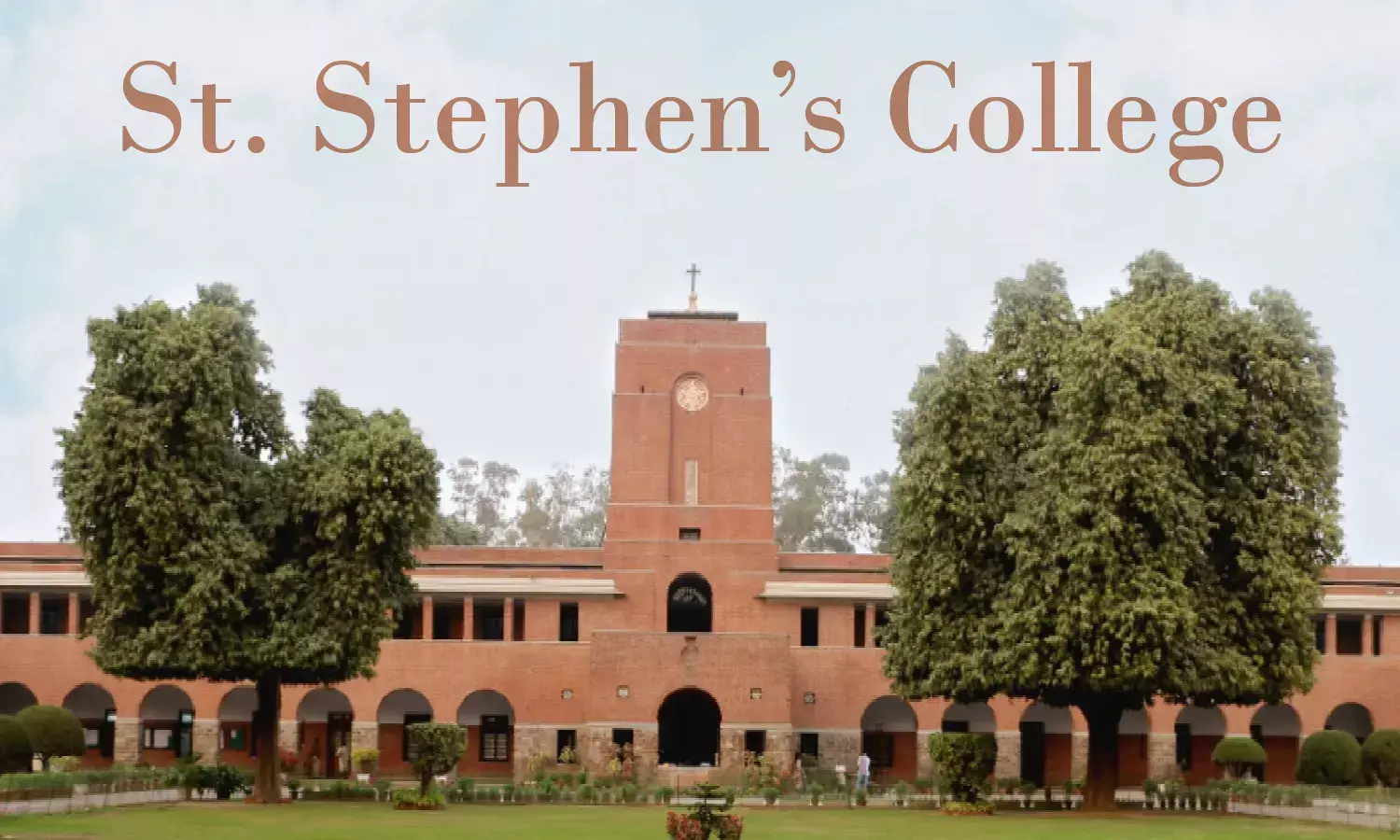St. Stephen's College Admissions: SC Refuses To Intervene In Interview-Based Selection, Asks High Court To Expeditie Hearing
The Supreme Court, today, refused to entertain the Special Leave Petition filed by the University of Delhi and the University Grants Commission challenging the Delhi High Court's interim order, which permitted St. Stephen's College to admit 15% of Christian minority shortlisted candidates based on interviews.
The Bench of Justice A.S. Bopanna and Justice PS Narasimha said in its order, "Having heard the learned Solicitor General and the Assitant Solicitor General for the Petitioners and the learned counsel for the caveators, taking note that impugned order herein is an interim order passed in the pending writ petition before the High Court and also since the High Court, as per the interim order made the admission subject to the final outcomes of the writ petitions, we see no reason to interfere at this stage."
The Bench in its order further stated, "However, considering that there should be certainty in the matter we request the High Court to hear all the learned counsels for the parties and dispose of the writ petitions as expeditiously as possible. The Petitions are accordingly disposed of."
Appearing for the Petitioners, the Solicitor General Tushar Mehta submitted "The selection process is still ongoing for this minority institution. Last year, they intended to conduct interviews to fill these 50% of seats, but the university ruled that interviews were only permissible for 15% of the seats. Interviews are inherently subjective, as even if I score higher on the entrance test, a weaker performance in the interview could lead to non-selection."
The SG also stated that "This year, our approach was to admit only minority students who are also meritorious. However, the college and the High Court objected to this. The High Court issued a detailed order to this effect. Currently, interviews are underway, and due to the 15% interview allocation permitted by the High Court, some meritorious candidates have been left out while less meritorious students who performed better in the interviews have been admitted."
The Bench then orally observed "Irrespective of whether the process is going on or halfway or it is over, we were only wondering since is an interim order at this stage, let us not interfere. Whatever is there as per the interim order the arrangement is made. You can argue your writ petition and whatever decision is taken will apply to the next academic year. At this stage, it will also be more confusing for the students if we interfere. Without saying anything, we will only say that it's only for an interim arrangement."
Accordingly, the Court refused to interfere and directed the High Court to expeditiously deal with the matter. In the impugned order, the Delhi High Court had allowed St Stephen’s College to conduct the interviews for granting admissions to the minority quota students on account of a balance of convenience lying in favour of the petitioner College.
The High Court had said "this Court is of the opinion that a prima facie case has been made that the Petitioner will suffer an irreparable loss if interim relief is not granted at this juncture. The balance of convenience also lies in favour of the Petitioner. Accordingly, as an interim measure, this Court directs that the admission policy as framed by this Court vide judgment dated 12.09.2022 shall be followed for the Academic Year 2023- 24 and the St. Stephen’s College will adopt the marks secured in the CUET with 85% weightage for CUET and the College's interview for shortlisted candidates with a weightage of 15% for Christian minority candidates. For non-minority candidates, the College will adopt the marks secured in the CUET alone as the sole eligibility criteria."
Cause Title: University Of Delhi v. St Stephen S College and Ors [SLP(C) No. 017344 - / 2023]




